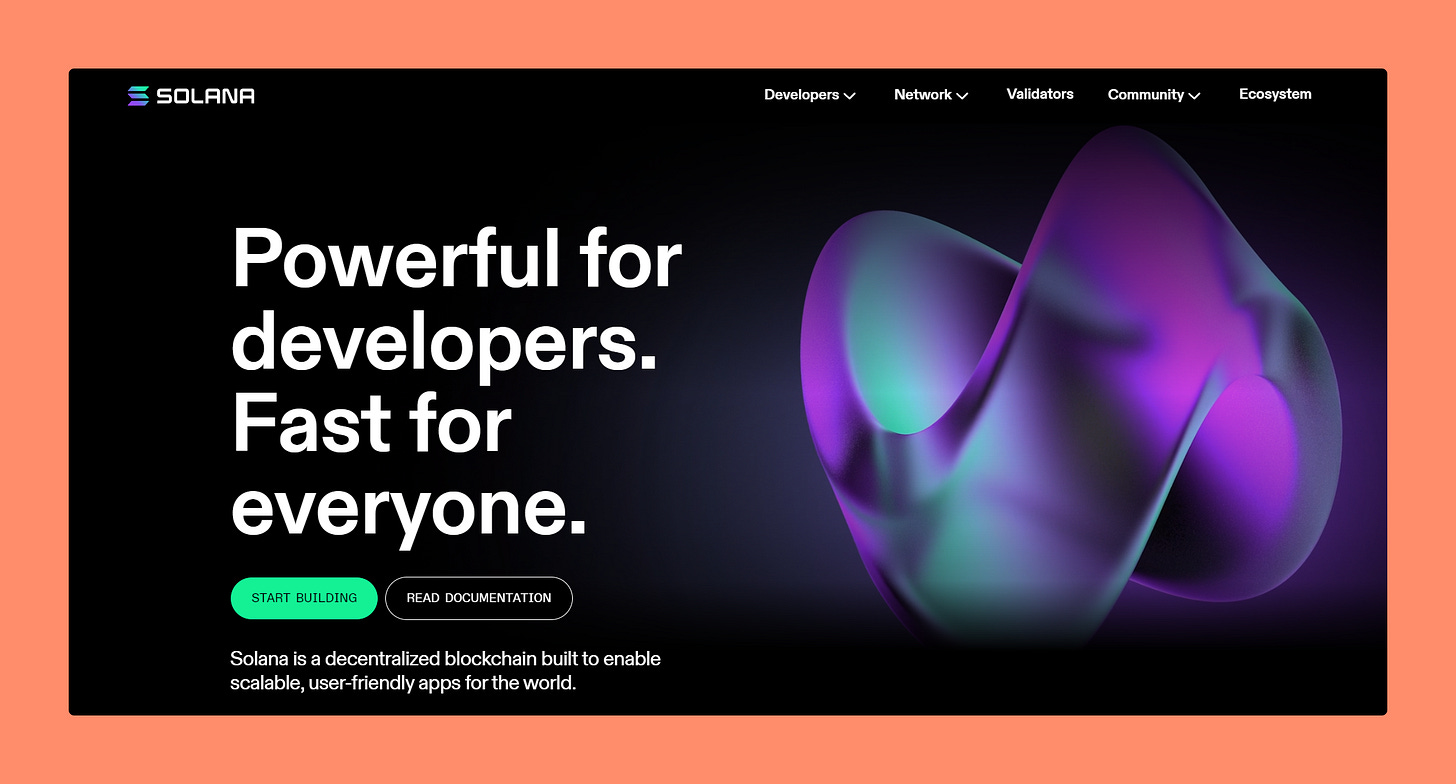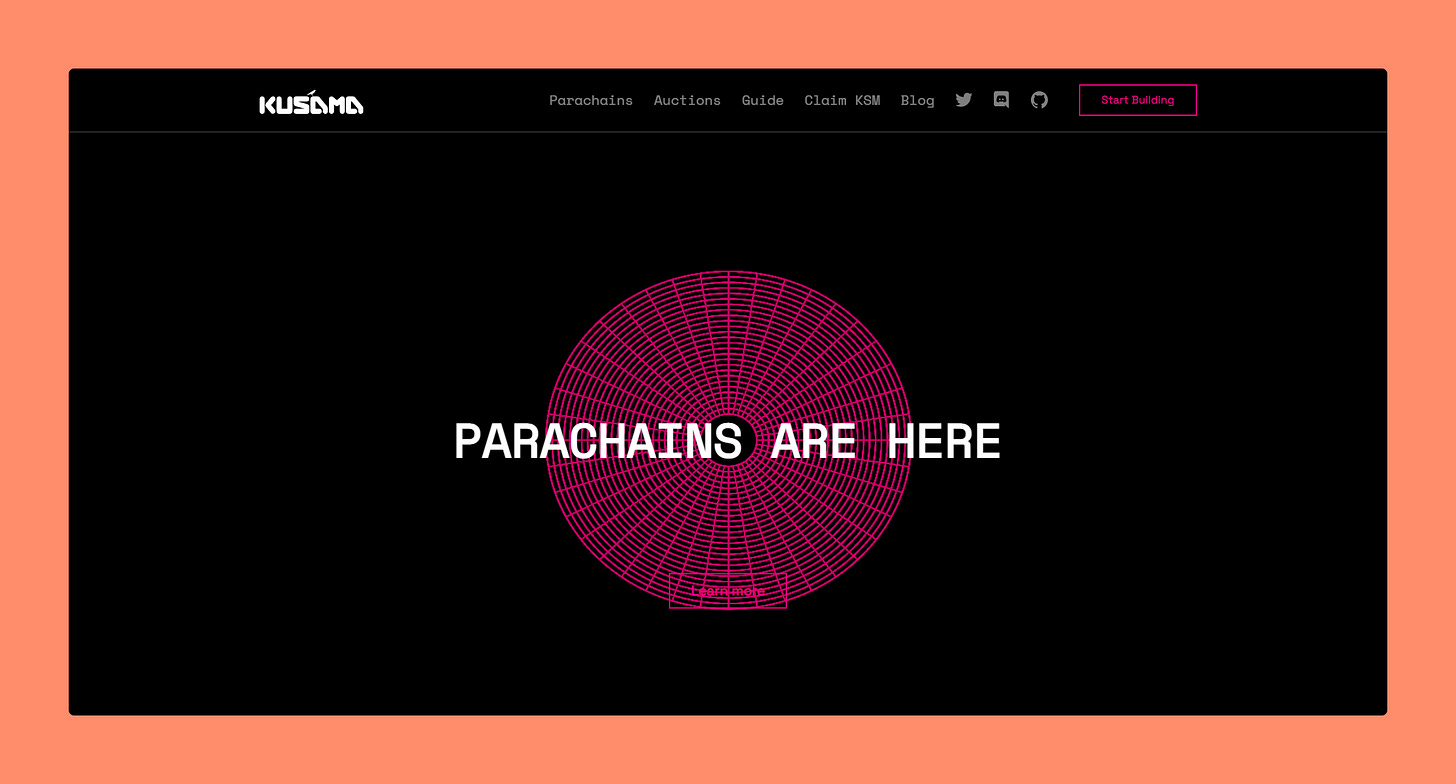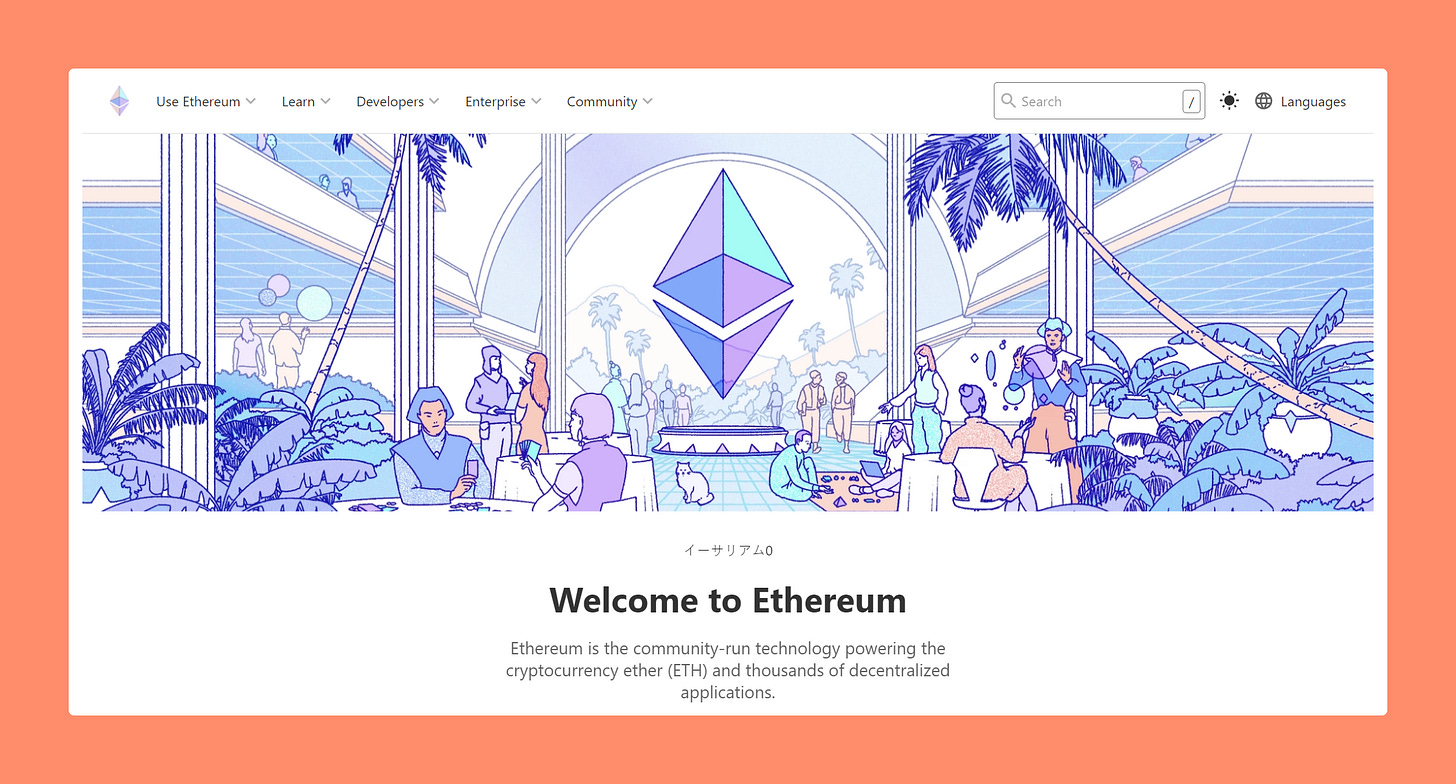15 Most Active Crypto Projects based on GitHub
You can tell a whole lot about the state of a project by the amount of activity it has on GitHub. It shows some interesting trends regarding developer activity in the blockchain space.
You can tell a whole lot about the state of a project or application by the amount of activity it has on GitHub. Projects with lots of action are more likely to be amid “BUIDL“ing and shipping, while a GitHub that’s populated only by lonesome tumbleweeds is a sign of a project that’s either not moving forward or is so perfect that it doesn’t require any more work — and that is something of a rarity.
Although this information is by no means a definitive picture of the blockchain ecosystem for countless reasons, the GitHub data illustrate some interesting trends regarding developer activity in the blockchain space in regards to open source projects.
Below are the top 15 projects on CoinCarp by developer activity over the past 30 days as of April 17th, 2022…
1. Bitcoin
Bitcoin is free software and any developer can contribute to the project.
Bitcoin is an experimental digital currency that enables instant payments to anyone, anywhere in the world. Bitcoin uses peer-to-peer technology to operate with no central authority: managing transactions and issuing money are carried out collectively by the network. Bitcoin Core is the name of open source software that enables the use of this currency.
This repository currently has over 63.4K stars and over 474 commits in the past 30 days with a total of 63,377 commits to date.
2. Zcash
Zcash is an implementation of the "Zerocash" protocol. Based on Bitcoin's code, Zcash intends to offer a far higher standard of privacy through a sophisticated zero-knowledge proving scheme that preserves the confidentiality of transaction metadata.
This software is the Zcash client. It downloads and stores the entire history of Zcash transactions; depending on the speed of your computer and network connection, the synchronization process could take a day or more once the blockchain has reached a significant size.
This repository currently has over 4.6K stars and over 466 commits in the past 30 days with a total of 16,305 commits to date.
3. Solana
Solana is a public, open-source blockchain that supports smart contracts, including non-fungible tokens (NFTs) and a variety of decentralized applications (dApps). Native to Solana’s blockchain is the SOL token which provides network security through staking as well as a means of transferring value.
Solana was created in 2017 by Anatoly Yakovenko alongside current Solana board member and Chief Operations Officer Raj Gokal. Yakovenko, now Solana Lab’s CEO, came from a background in system design and wanted to apply his knowledge to a new blockchain paradigm that enabled faster processing speeds.
This repository currently has over 8K stars and over 423 commits in the past 30 days with a total of 18,417 commits to date.
4. Superalgos
Superalgos is a token-incentivized, community-owned open-source project building an open trading intelligence network. Top minds evolve and improve the project, earning Superalgos (SA) Tokens for their work.
The Superalgos Platform integrates all crucial aspects of crypto trading automation in a visual scripting environment accessible to technically-minded users and optimized for developers. The Superalgos Platform is optimized for collaborative work. The trading intelligence assets users create are standardized so that data, strategies, AI models, workspaces, and all sorts of plugins are shareable.
This repository currently has over 2.7K stars and over 376 commits in the past 30 days with a total of 19,972 commits to date.
5. Chia Network
Chia is the most decentralized blockchain ever with approximately 350,000 nodes employing the first new Nakamoto Consensus since 2009. The Chialisp on-chain programming environment is fully featured while being far more auditable, and secure.
With its innovative Proof Of Space and Time consensus, Chia uses 0.16% of the annual energy consumption of Bitcoin and 0.36% of Ethereum. Chia is part of the Circular Drive Initiative that reduces e-waste through the secure reuse of storage, promoting the second use of hard drives for Chia farming.
This repository currently has over 10.7K stars and over 164 commits in the past 30 days with a total of 5,719 commits to date.
6. ChainLink
Chainlink is a decentralized blockchain oracle network built on Ethereum. The network is intended to be used to facilitate the transfer of tamper-proof data from off-chain sources to on-chain smart contracts. Its creators claim it can be used to verify whether the parameters of a smart contract are met in a manner independent from any of the contract's stakeholders by connecting the contract directly to real-world data, events, payments, and other inputs.
This repository currently has over 3.2K stars and over 135 commits in the past 30 days with a total of 18,102 commits to date.
7. Polkadot
Polkadot is an open-source, blockchain platform and cryptocurrency. It provides interconnectivity and interoperability between blockchains, by enabling independent chains to securely exchange messages and perform transactions with each other without a trusted third party.
Polkadot is a protocol that connects blockchains — allowing value and data to be sent across previously incompatible networks (Bitcoin and Ethereum, for example). It's also designed to be fast and scalable. The DOT token is used for staking and governance; it can be bought or sold on Coinbase and other exchanges.
This repository currently has over 5.6K stars and over 111 commits in the past 30 days with a total of 3168 commits to date.
8. Kusama
Kusama is a public pre-production environment for Polkadot, one that allows any developer to experiment and test new blockchains or applications before releasing them on this network.
Polkadot and Kusama are very closely related due to being built on nearly identical codebases. Shortly, the Polkadot and Kusama networks will be formally connected by a bridge.
This repository currently has over 5.6K stars and over 111 commits in the past 30 days with a total of 3168 commits to date.
9. Ethereum
Ethereum is a decentralized, open-source blockchain with smart contract functionality. Ether is the native cryptocurrency of the platform. Among cryptocurrencies, Ether is second only to Bitcoin in market capitalization. Ethereum was conceived in 2013 by programmer Vitalik Buterin.
Ethereum is a technology that's home to digital money, global payments, and applications. The community has built a booming digital economy, bold new ways for creators to earn online, and so much more. It's open to everyone.
This repository currently has over 36.8K stars and over 60 commits in the past 30 days with a total of 13,262 commits to date.
10. Stellar
Stellar, or Stellar Lumens, is an open-source, decentralized protocol for digital currency to fiat money low-cost transfers which allow cross-border transactions between any pair of currencies.
Stellar makes it possible to create, send, and trade digital representations of all forms of money: dollars, pesos, bitcoin, pretty much anything. It’s designed so all the world’s financial systems can work together on a single network.
This repository currently has over 3K stars and over 56 commits in the past 30 days with a total of 7,793 commits to date.
11. Status
Status combines a private messenger, secure crypto wallet, and Ethereum Web3 browser into one powerful communication tool. Chat with friends and growing communities. Buy, sell, store, and exchange digital assets. Browse the decentralized internet without being exploited for your data.
Status (SNT) is the world's first decentralized mobile and desktop client for Ethereum. It lets users send encrypted messages, access decentralized applications (DApps), and a cryptocurrency wallet. The big picture goal of Status is the mass adoption of the Ethereum network, Market Cap, Volume of 24h.
This repository currently has over 3.4K stars and over 55 commits in the past 30 days with a total of 6,961 commits to date.
12. Monero
Monero is a decentralized cryptocurrency. It uses a public distributed ledger with privacy-enhancing technologies that obfuscate transactions to achieve anonymity and fungibility. Observers cannot decipher addresses trading monero, transaction amounts, address balances, or transaction histories.
Monero's worth in 2030 is subject to change as the market is so volatile; however, some Monero price predictions promise that it will break the $1000 barrier by the mid-'20s and will continue to rise, so XMR's future might be very bright.
This repository currently has over 6.8K stars and over 51 commits in the past 30 days with a total of 10,787 commits to date.
13. LBRY Credits
LBRY is a blockchain-based file-sharing and payment network that powers decentralized platforms, primarily social networks, and video platforms. LBRY's creators also run Odysee, an open-source video-sharing website that uses the network.
LBRY is a decentralized digital content and media app. The LBRY app uses LBRY Credits (LBC), or LBRY coin, to enable publishers and viewers to create, publish, and distribute digital content without third parties.
This repository currently has over 7.2K stars and over 41 commits in the past 30 days with a total of 8,952 commits to date.
14. Lisk
Lisk is a cryptocurrency and blockchain application platform. Developers will be able to use it to build blockchain applications in JavaScript, based on their sidechain and a custom token.
LSK is the utility token of Lisk, a blockchain platform that enables developers to produce and distribute decentralized apps, or dapps. The apps are written in Javascript and Typescript, both of which are commonly used in general web development.
This repository currently has over 2.8K stars and over 39 commits in the past 30 days with a total of 31,223 commits to date.
15. RED
The Red community is building the world's first full-stack and blockchain language. RED tokens will drive the development of those technologies, and a blockchain-powered future. RED is a utility token, which can be used within the Red community.
The Red Foundation can use tokens to recognize valuable contributions, but community members may also tip and pay for services between them in a peer-to-peer way. The flow of tokens is not centrally controlled but will self-organize around work, needs, and skills, powering the community's growth.
This repository currently has over 4.8K stars and over 15 commits in the past 30 days with a total of 14,001 commits to date.

















